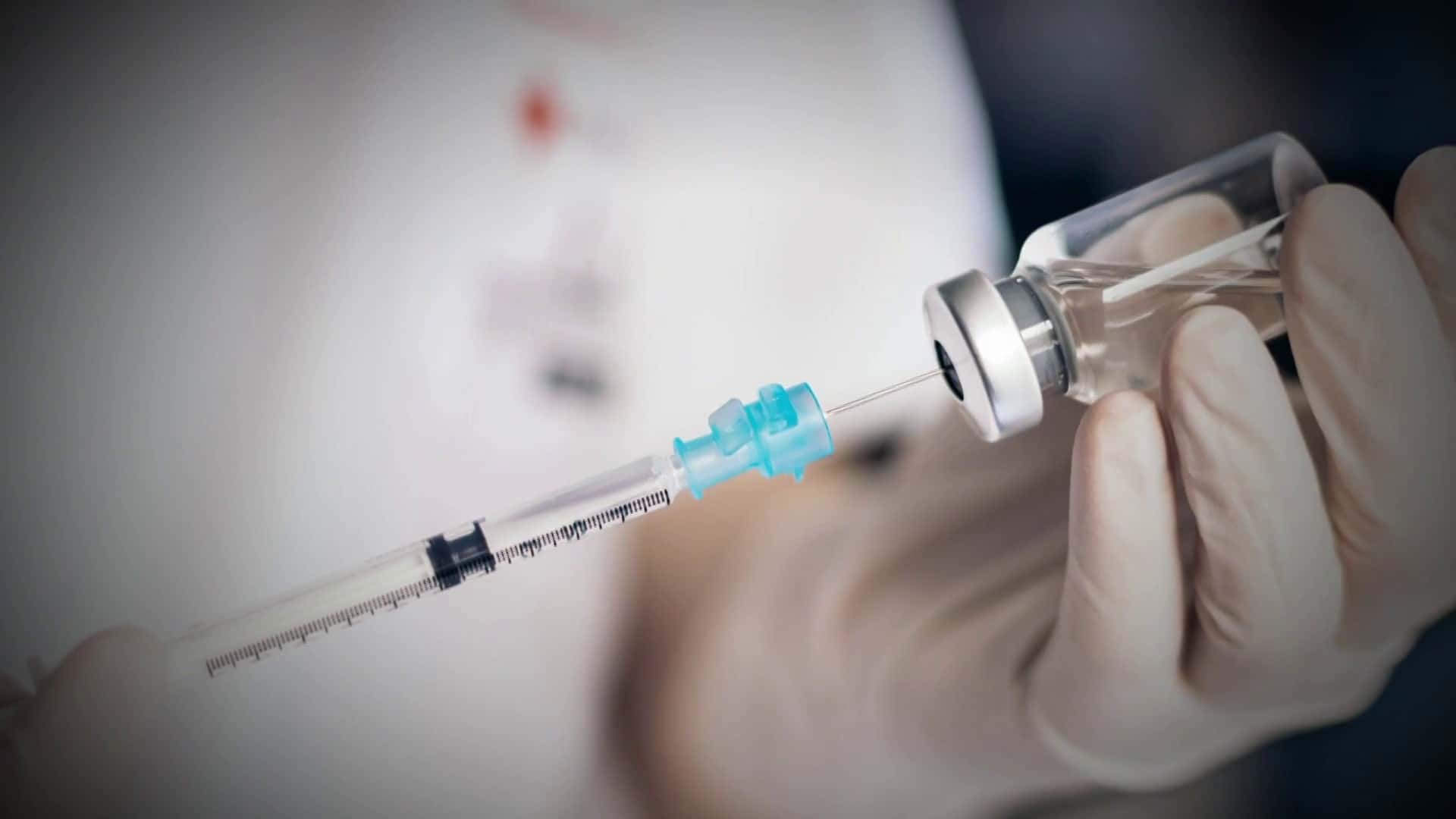Moderna Inc., the creator of the innovative melanoma vaccine, revealed that individuals grappling with advanced melanomas exhibited a 49% lower likelihood of mortality or cancer recurrence within three years when administered the vaccine in conjunction with Merck’s cancer drug Keytruda, compared to those receiving Keytruda alone.

A new melanoma treatment has demonstrated remarkable efficacy in a recent trial, providing new hope in the fight against lethal skin cancer
Dr. Kyle Holen, Senior Vice President at Moderna, hailed the trial as a milestone, marking the inaugural demonstration of efficacy for an investigational mRNA cancer treatment in a randomized clinical trial. He further emphasized its significance as the first combination therapy to exhibit a substantial advantage over Keytruda in adjuvant melanoma.
The groundbreaking results emanate from an ongoing randomized trial involving 157 patients with high-risk stage 3/4 melanoma who underwent initial surgery to eliminate cancerous growths. Patients received 1 milligram of the mRNA vaccine every three weeks for a total of nine doses, coupled with 200 mg of Keytruda every three weeks for approximately a year.
This regimen was compared to outcomes in patients solely receiving Keytruda for a similar duration
Buoyed by these promising findings, both companies have initiated Phase 3 trials for the vaccine-drug combination, with the U.S. Food and Drug Administration designating the treatment as a breakthrough therapy to expedite its development and review process.
New melanoma treatment, constituting approximately 1% of skin cancer cases in the United States, is the most prevalent form of cancer. However, it accounts for a disproportionate number of skin cancer-related fatalities, according to the American Cancer Society (ACS). With an estimated 97,610 new melanoma treatment diagnoses projected for this year in the U.S., resulting in nearly 8,000 deaths, the urgent need for effective treatments underscores the significance of this new melanoma treatment breakthrough.




